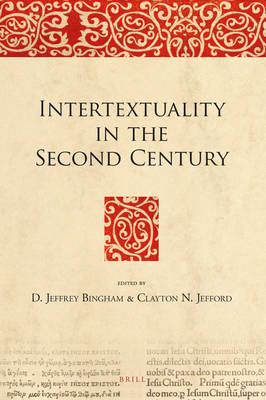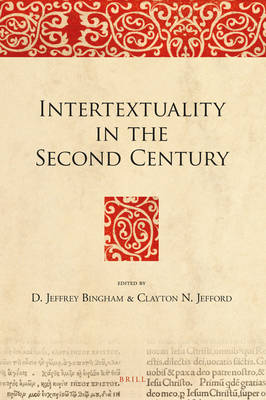
- Afhalen na 1 uur in een winkel met voorraad
- Gratis thuislevering in België vanaf € 30
- Ruim aanbod met 7 miljoen producten
- Afhalen na 1 uur in een winkel met voorraad
- Gratis thuislevering in België vanaf € 30
- Ruim aanbod met 7 miljoen producten
Zoeken
Intertextuality in the Second Century
€ 227,45
+ 454 punten
Omschrijving
This volume offers an appreciation of the value of intertextuality--from Greek, Roman, Jewish, and biblical traditions--as related to the post-apostolic level of Christian development within the second century. Not least of these foundational pillars is the certain impact of the Second Sophistic movement during this period with its insipient influence on much of early Christian theology's formation. The variety of these strands of inspiration created a tapestry of many diverse elements that came to shape the second-century Christian situation. Here one sees biblical texts at work, Jewish and Greek foundations at play, and interaction among patristic authors as they seek to reconcile their competing perspectives on what it meant to be "Christian" within the contemporary context.
Specificaties
Betrokkenen
- Uitgeverij:
Inhoud
- Aantal bladzijden:
- 268
- Taal:
- Engels
- Reeks:
- Reeksnummer:
- nr. 11
Eigenschappen
- Productcode (EAN):
- 9789004308916
- Verschijningsdatum:
- 21/07/2016
- Uitvoering:
- Hardcover
- Formaat:
- Genaaid
- Afmetingen:
- 160 mm x 236 mm
- Gewicht:
- 453 g

Alleen bij Standaard Boekhandel
+ 454 punten op je klantenkaart van Standaard Boekhandel
Beoordelingen
We publiceren alleen reviews die voldoen aan de voorwaarden voor reviews. Bekijk onze voorwaarden voor reviews.










